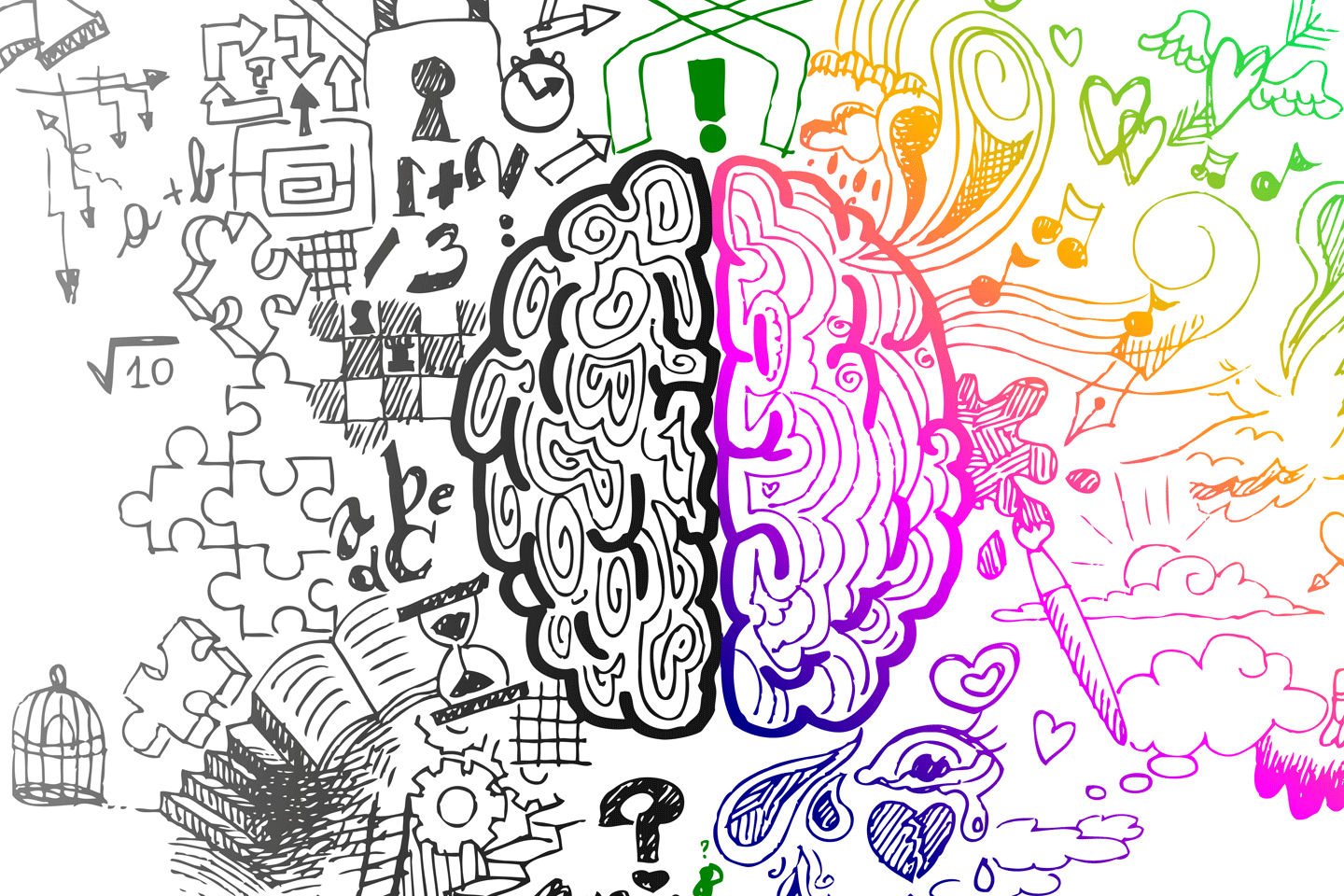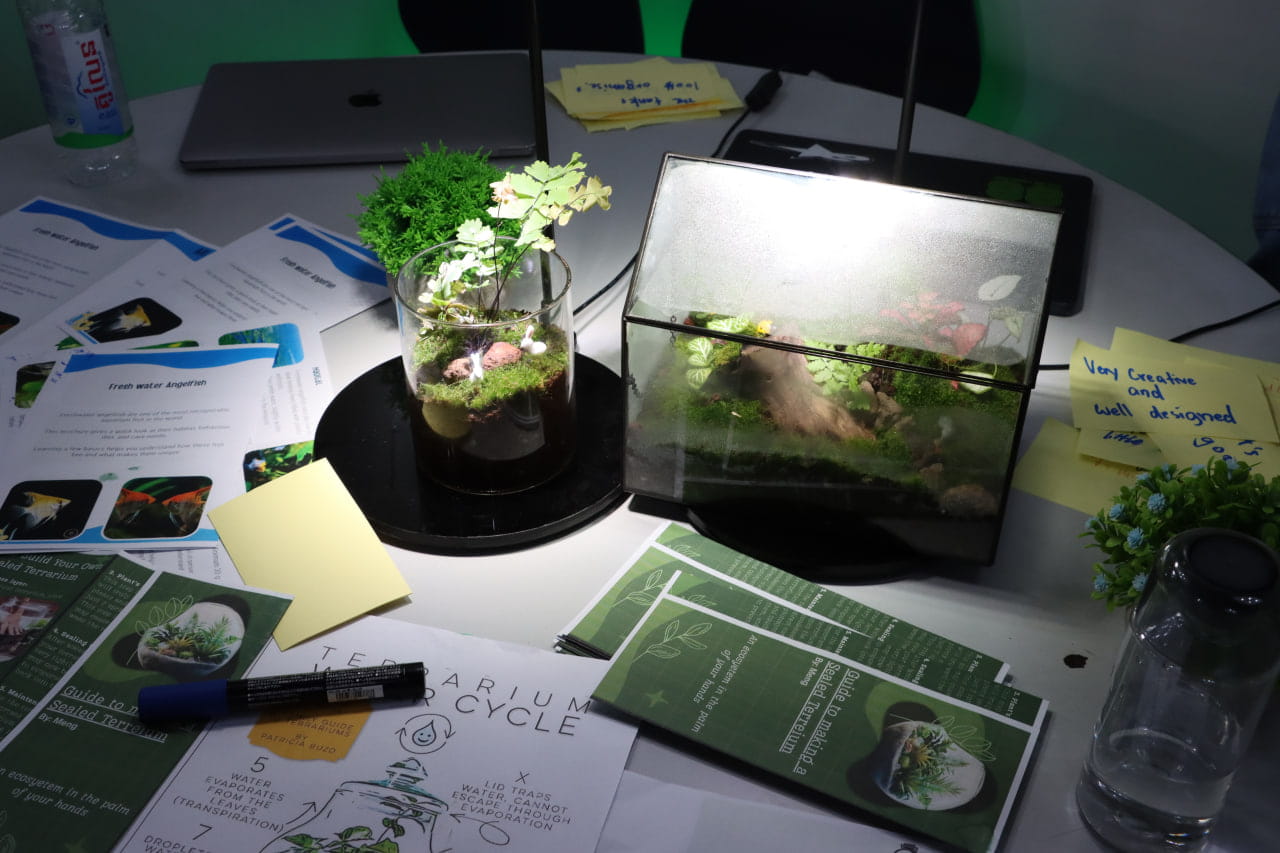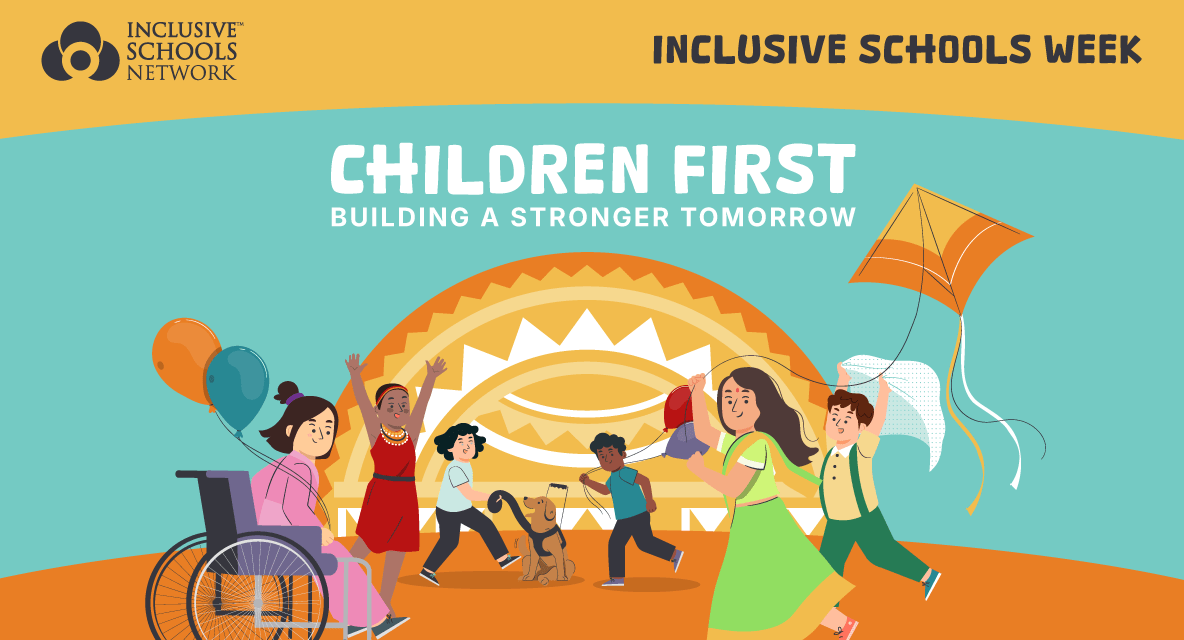A guide to help parents of Northbridge teenagers understand the mind of their child If you’ve got teenage children at Northbridge International School Cambodia, there’s a good chance you’ve found yourself looking at them and thinking “why on earth are they doing that?” Have you put your sweet, caring child to bed one night, and woken up the next morning thinking “who is this teenage monster invading my loving family home?” Perhaps you’ve yet to experience teenagers at close quarters, but passing encounters at the mall have left you with a dumbfounded expression, asking yourself, “what the…?”
If you’ve got teenage children at Northbridge International School Cambodia, there’s a good chance you’ve found yourself looking at them and thinking “why on earth are they doing that?” Have you put your sweet, caring child to bed one night, and woken up the next morning thinking “who is this teenage monster invading my loving family home?” Perhaps you’ve yet to experience teenagers at close quarters, but passing encounters at the mall have left you with a dumbfounded expression, asking yourself, “what the…?”
If you have found yourself in one of these or similar situations, there’s a good reason: Generally speaking, we expect people to behave in a similar way to the way in which we would in a given situation. For this to happen, other people would have to view the situation and process information in a broadly similar fashion to ourselves. Teenagers don’t; their brains work differently. They are adolescents, maturing and learning to make sense of the world around them. The good news is, this is genuinely a phase they will grow out of.
Adults process information with the prefrontal cortex; that’s the part of the brain responsible for rational thought. This means it’s the part of the brain that responds to situations taking into account possible long term consequences, based on experience. Teenagers process information with the amygdala - the emotional part of the brain. Ever wondered why a seemingly simple request was met with a teenage storm that left you feeling like a typhoon had just blown through the living room? That’s why.
For teenagers, connections between the emotional and decision making parts of the brain are not yet fully developed - and they may not fully be until around the age of 25. Actions may be driven by emotions; when you ask a teenager “what were you thinking?” they very well may not have been; they were feeling, not thinking.
The good news is that taking the time to get to know these creatures from another planet, or younger versions of ourselves, can lead to understanding and although I can’t promise a totally calm ride, you can make the crossing smoother:
Remind your teenage children of the bigger picture; the emotional response may make a small issue seem much bigger than it is; perspective is everything.
Find out more about this strange person living in your house (your teenage child). What do they like doing? What’s their favourite TV show, music? Show an interest, demonstrating that you value the things they like.
And when they come to speak to you, which one day they will, listen carefully and ask if they want your opinion or you just to be there to listen and for a hug.
Next time Hurricane Teenage Years blows through your living room, rather than thinking “What the…?”, try “I remember being like that.”
More reading:
https://www.stanfordchildrens.org/en/topic/default?id=understanding-the-teen-brain-1-3051







